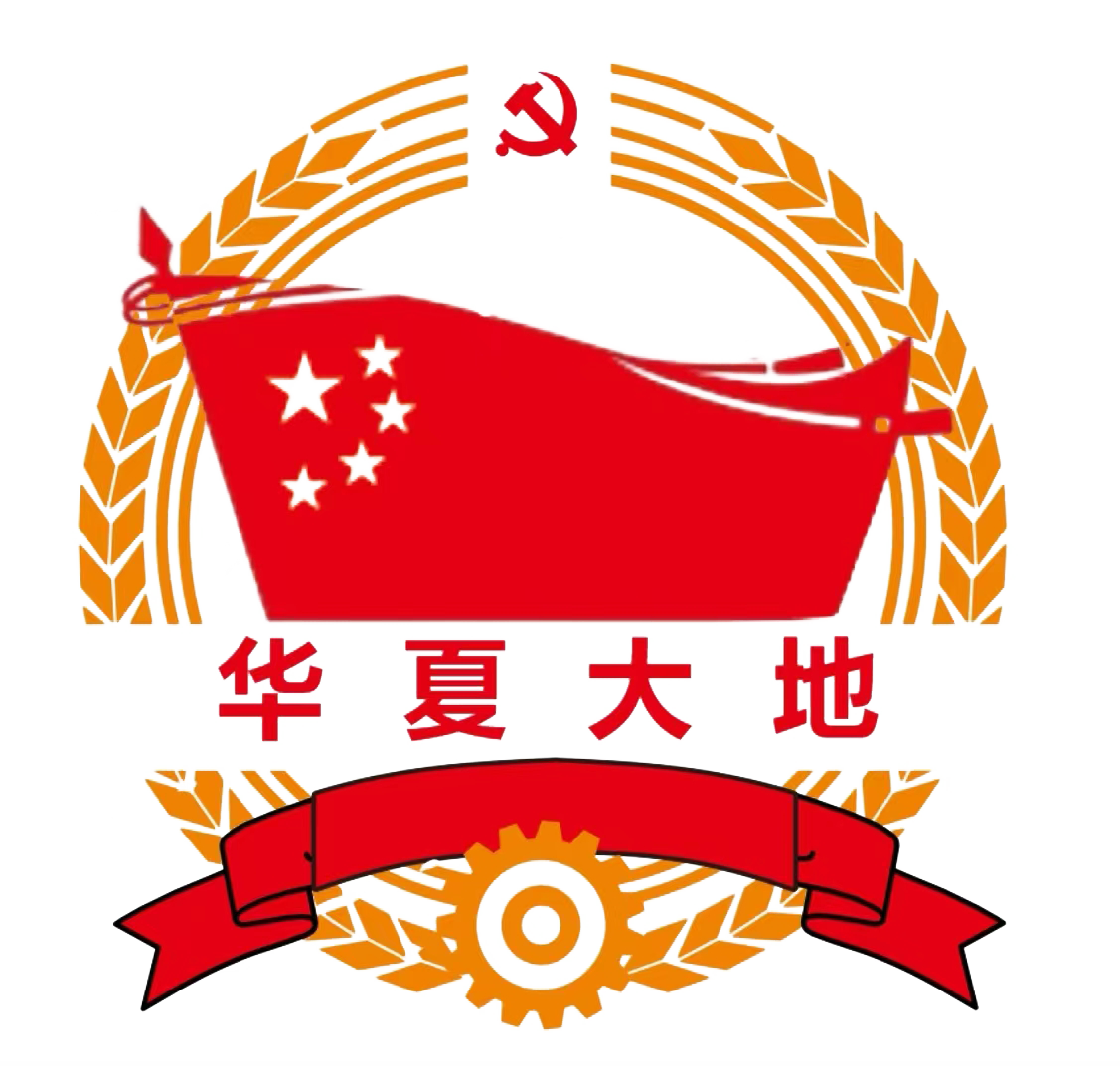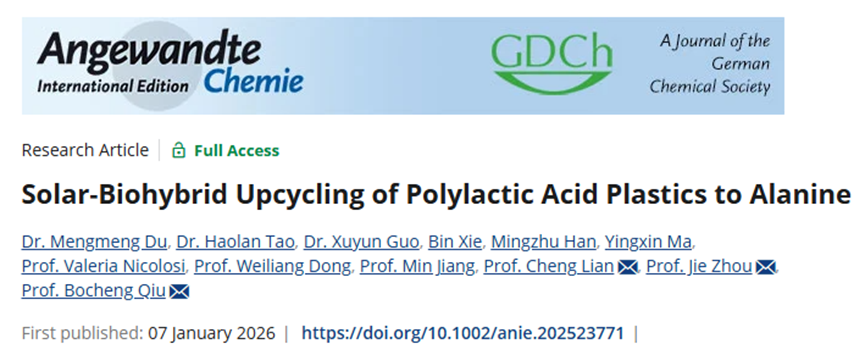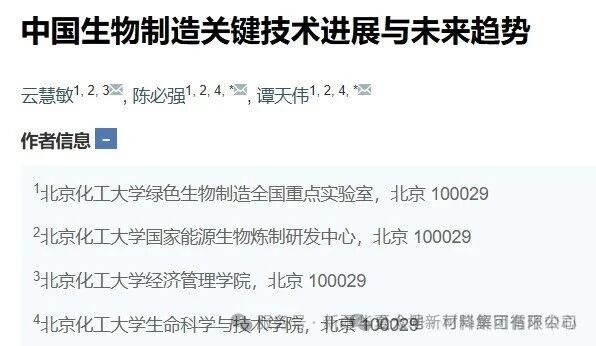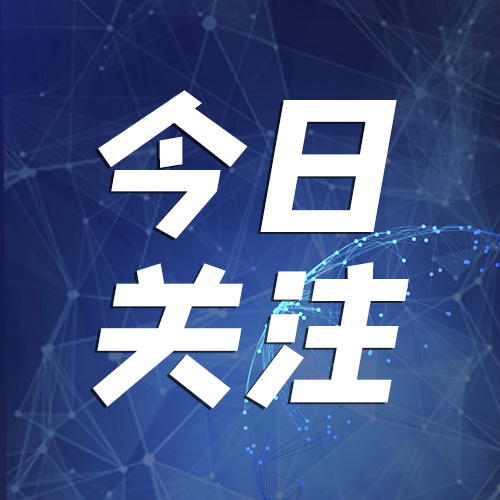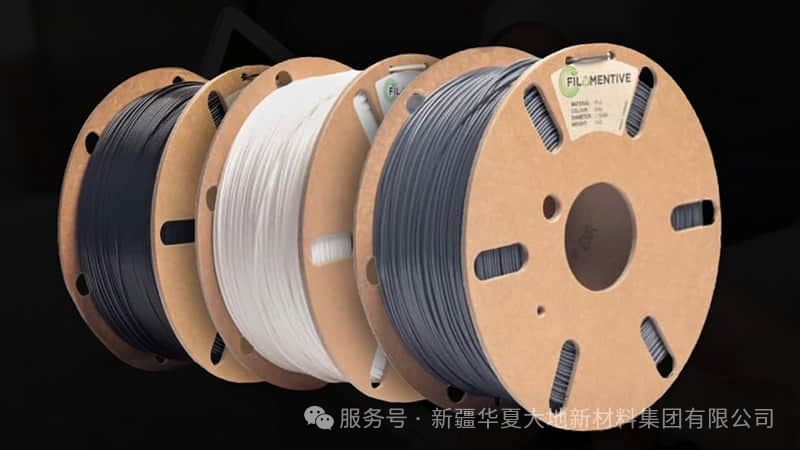On April 2, 2025, the Trump administration announced the imposition of "reciprocal tariffs" on trading partners, including a 34% tariff rate on China. China's response was swift. On April 4, China decided to impose a 34 percent tariff on all imports originating in the United States from April 10 by the Tariff Commission of The State Council.Trump issued the latest tariff threat to China on the 7th, demanding that China cancel the 34% tariff on US products on the 8th, otherwise the US will impose an additional 50% tariff on Chinese products, and take effect immediately on the 9th. The administration has announced that "because China has not lifted its retaliation, an additional 104% tariff went into effect on April 9." China quickly responded by raising the levy on all products originating in the United States from 34 percent to 84 percent, effective at 12:01 a.m. on April 10, 2025.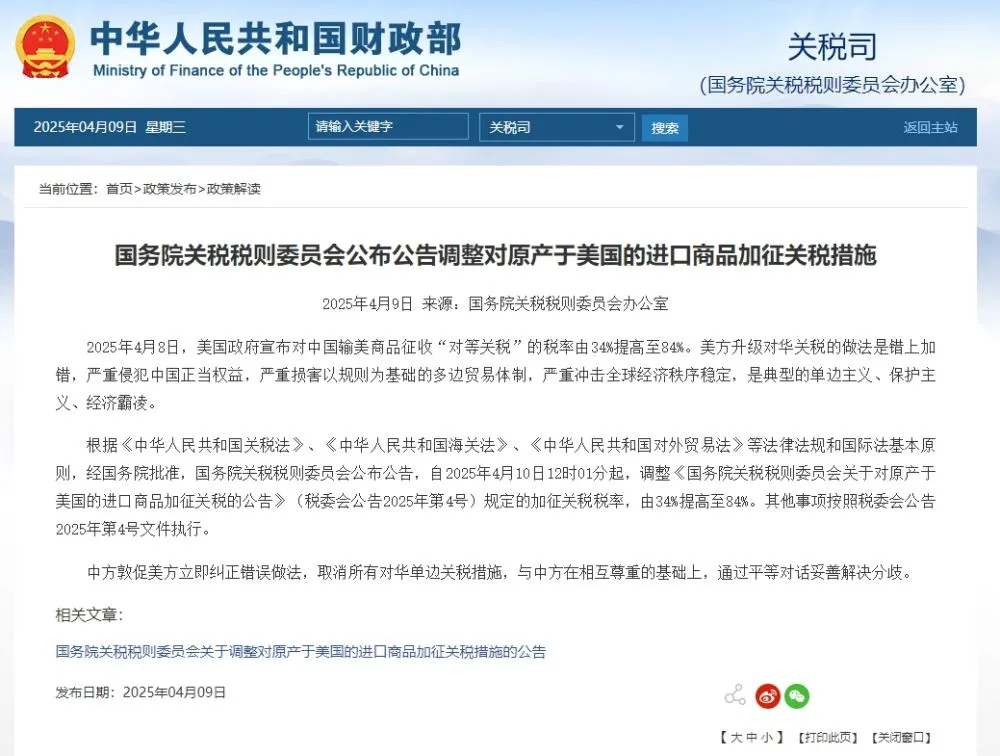
This move is like a stone into the calm lake, arousing thousands of waves in many industries, and China's listed companies related to biodegradable materials and downstream products are also facing huge challenges. In the face of tariff pressure, these companies have shown their own coping strategies, and strive to find life in the predicament.
Capacity transfer, break through tariff barriers
Fuling Shares (001356.SZ, plastic straws, etc.) is an enterprise whose products are mainly exported, and the United States is its main sales market. From January to June 2023 and 2024, the proportion of the company's sales revenue to the US market in the main business revenue was 65.73% and 65.74%, respectively. Since June 2018, the United States has imposed 25% tariffs on some Chinese goods exported to the United States, and plastic straws, the main products of Fuling shares, are also included in the scope of the increase.
In response, Fuling transferred some of its production capacity for products subject to tariffs overseas through capacity deployment at production sites in the United States, Indonesia and Mexico. Although the production capacity and output of overseas production bases are relatively low, most of the production capacity and output are still in China's Taizhou production base, but this initiative has reduced the impact of the tariff on the company to a certain extent. However, the Trump administration has increased tariffs again, which has undoubtedly increased the operating pressure on Fuling shares, and the company said that it will continue to pay attention to and evaluate the specific impact of tariffs on business performance.
Also adopting the capacity transfer strategy is Bowei alloy (601137.SH, copper alloy, photovoltaic materials). Bowei Alloy in the United States to build 2GW of battery cells and components project, fundamentally solve the United States on overseas imports of tariffs. For the new materials business, its Vietnam new materials base is mainly sold to Southeast Asia, and Vietnam and some domestic orders sold to the US market are designed to minimize the impact of tariff increases. Through this global layout, Bowei Alloy reduces the impact of tariffs on its own business and ensures the stable development of the company's business.
Market diversification and risk diversification
Yiyi Shares (001206.SZ, pet mat) actively communicated with customers and jointly discussed coping strategies in the face of tariff challenges. At the same time, the company has increased its efforts to develop new international markets and customer resources, such as parts of Europe and Southeast Asia, South America and other regions where the pet economy is rising. All along, Yiyi Shares adhere to the dual drive strategy of foreign and domestic markets, and achieve continuous improvement of business income at home and abroad to improve the ability to resist risks.
Jindan Technology (300829.SZ, bio-based materials) is also constantly expanding the international market, insisting on the expansion of foreign key markets, accelerating the implementation of international strategic layout, and consolidating and improving the operational quality and management level of European companies. Jindan Technology has also increased investment in research and development, improved product quality and service level, and improved product added value and economic efficiency by optimizing product structure, in order to respond to market changes and the impact of tariff policies.
For many listed companies related to biodegradable materials, relying solely on the US market is too risky. By diversifying the market and diversifying the business to different regions, it can effectively reduce the dependence on the single market and reduce the risk caused by tariff policy changes. When the US market is blocked by tariffs, business in other markets can support the company's operations and buy the company time to adjust and grow.
Cost control and customer communication, together through difficulties
In terms of cost control, many companies are active. For example, Jindan Technology (300829) reduces production costs by optimizing production processes, improving production efficiency, and reducing raw material procurement costs to cope with the cost pressure caused by tariff increases. Through internal exploration of potential, improve the efficiency of production links, reduce unnecessary waste, and find better quality and more cost-effective suppliers in raw material procurement, these measures help the company to maintain the price competitiveness of products in the context of tariffs.
In terms of communication with customers, many companies such as Tianzhen Shares (301356.SZ, new composite materials) and Xinbao shares (002705.SZ, small household appliances) mainly settle with customers in FOB mode, and the tariffs are borne by customers. The vast majority of the tariffs on the products exported to the United States by the company's customers are borne. This approach reduces the burden on enterprises to a certain extent, but it also requires enterprises to maintain a good cooperative relationship with customers and jointly cope with the impact of tariffs. For those enterprises that cannot pass on tariffs to customers, it is also common to negotiate with customers to share the cost of tariffs, or to maintain customer relationships by providing better services and products.
As the tariff war escalates, Trump wants to overwhelm China and force the world's second largest economy to give in, which is undoubtedly a wrong calculation. The 54% tariff is already beyond the commercial limits of most companies, but China has shouldered, fought back, and imposed another 50% to reach 104%, which is fundamentally different from 54%?
The trade war launched by the Trump administration is not only a national war, but also a national luck. The Trump administration's tariff increase has brought many challenges to China's listed companies related to biodegradable materials and downstream products. However, under the leadership of the Communist Party of China, these companies actively respond to difficulties through strategies such as capacity transfer, market diversification, cost control and close communication with customers. United as one, united as one, beating the mole comprador, we will surely achieve the final victory, let us wait and see.
